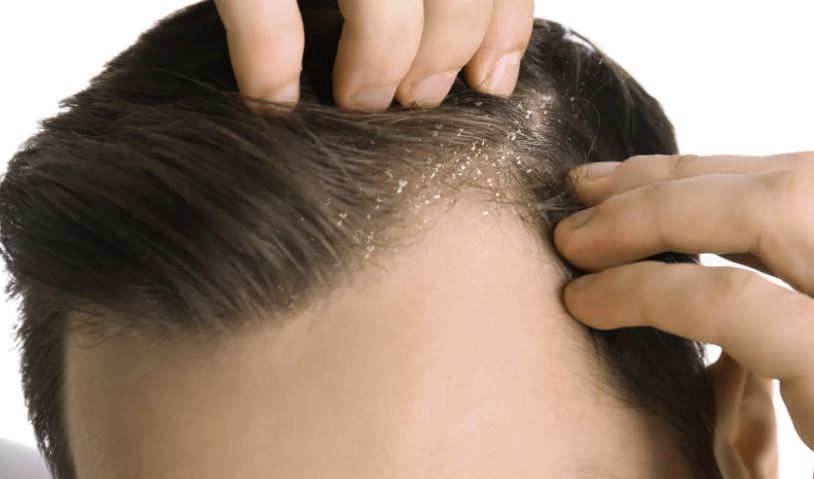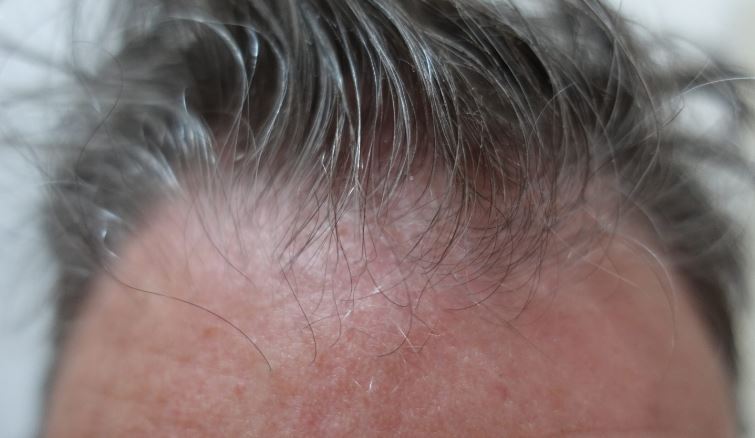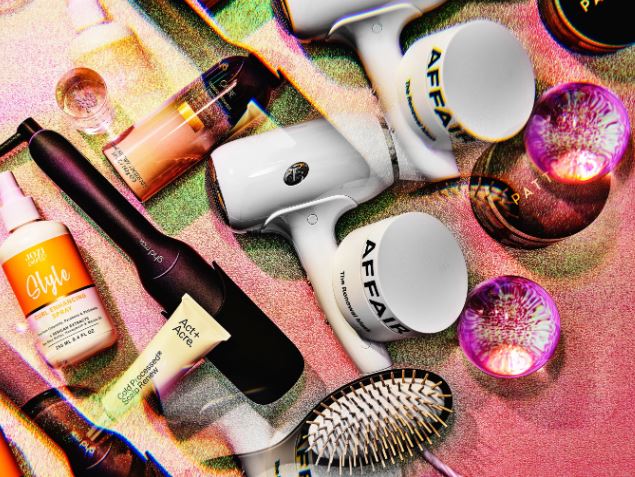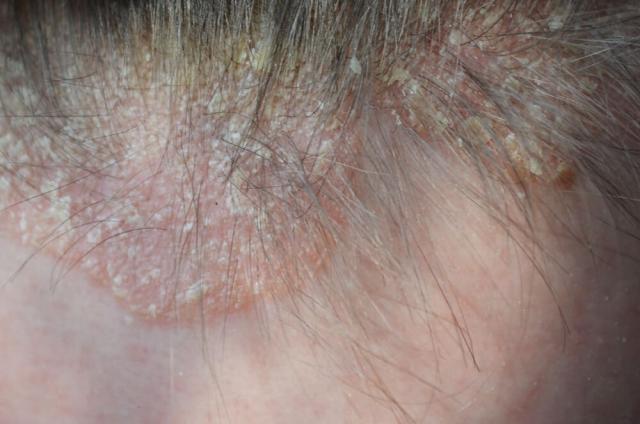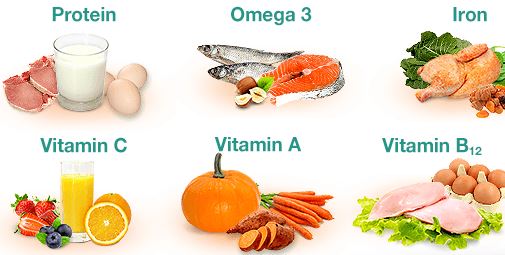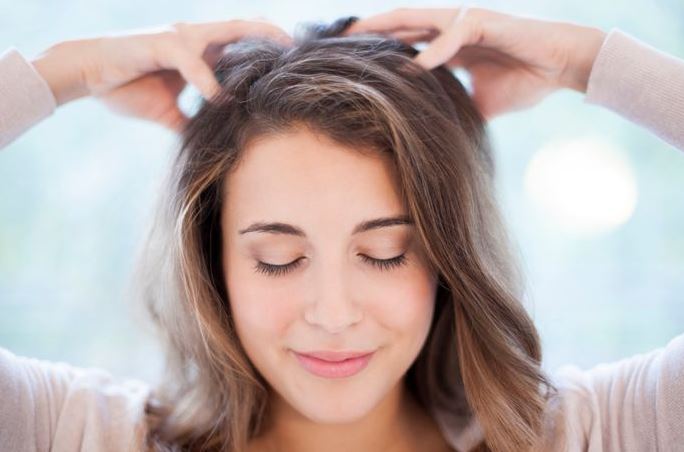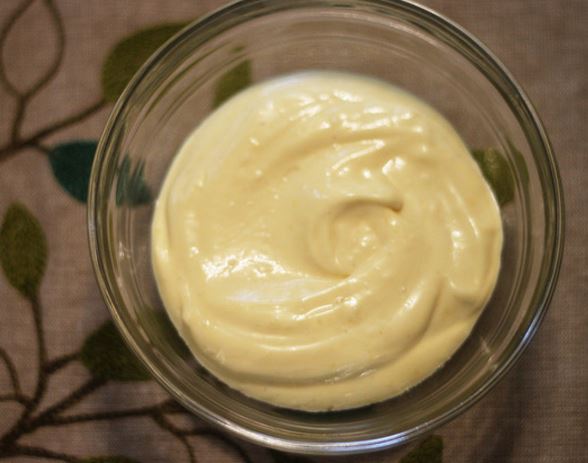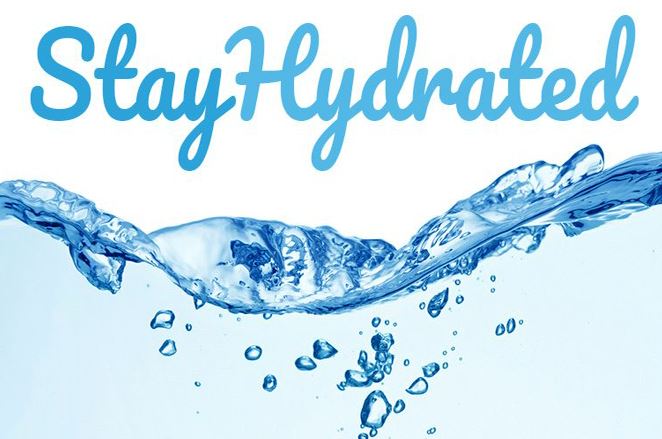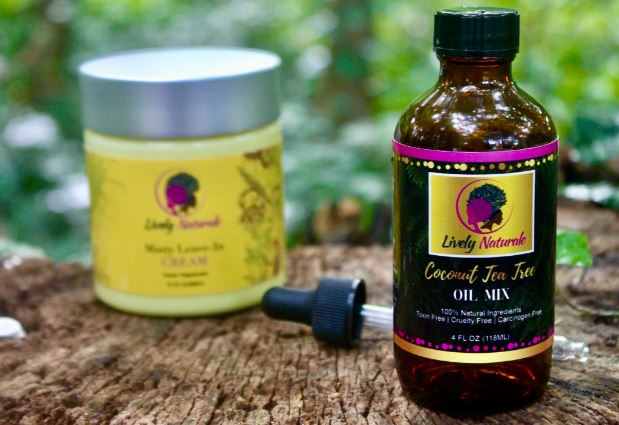What Is The Connection Between Dry Scalp and Hair Loss?
Regardless of the time of year, dry and flaky scalp could always be annoying and embarrassing, if not, it could be correlated to accelerated hair loss. It is important to note that dry scalp and hair loss is not directly related to each other.
What is the link between Dry Scalp and Hair Loss?
What are the reasons for a dry and flaky scalp?
Dry and flaky scalp is a common problem that can be caused by a number of different factors. It is important to identify the underlying cause of your dry scalp in order to treat it effectively.
Common causes of dry scalp include dehydration, weather, shampooing too frequently, and using harsh chemicals. Keep reading to learn more about each of these causes and what you can do to treat them!
1. Seborrheic Dermatitis
2. Hair Products and Styling Habits
3. Psoriasis
Psoriasis is a skin condition that is not uncommon and can cause redness, flaking, and scaling on your scalp. The scaliness is more severe and visible in this case as compared to dandruff, and prescribed medicines may be necessary to manage it.
This can be a frustrating condition, but fortunately, there are treatments available that can provide relief. If you think you might have psoriasis, it’s important to see a doctor so they can diagnose and treat the condition.

